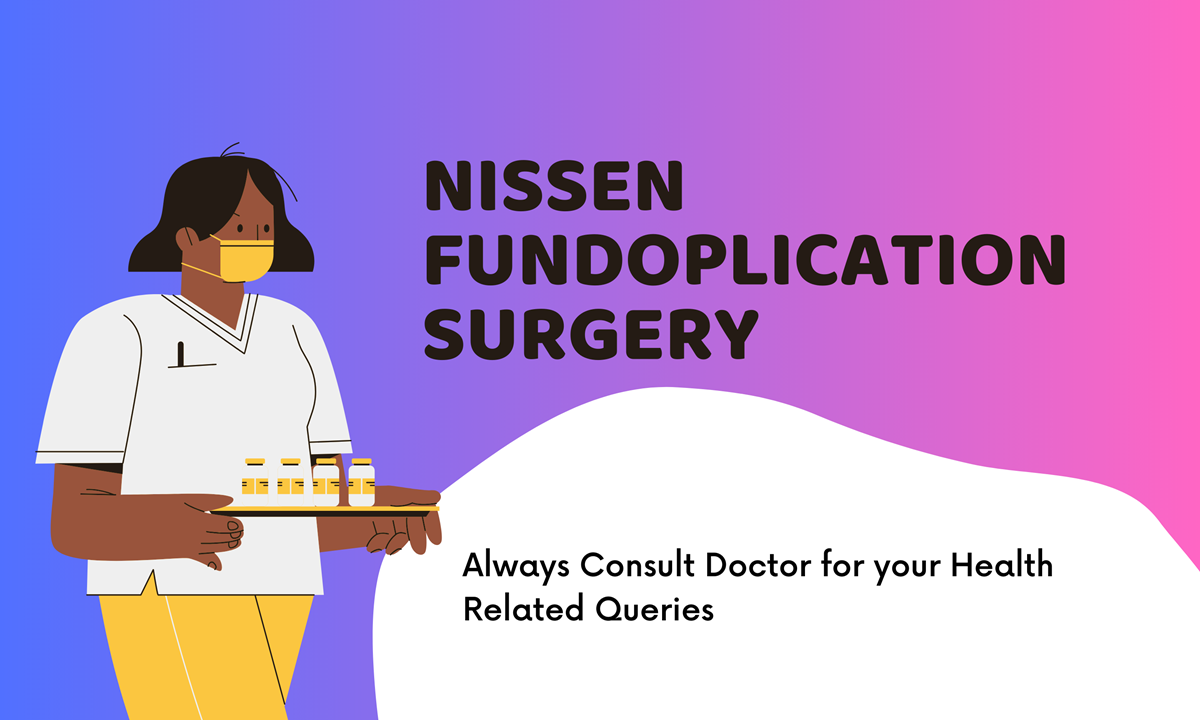Nissen fundoplication, a surgical procedure used to treat gastroesophageal reflux disease (GERD) and hiatal hernias, involves wrapping the upper part of the stomach around the lower esophageal sphincter to strengthen the sphincter, prevent acid reflux, and repair a hiatal hernia if present. The success rate of Nissen fundoplication can vary depending on several factors, including the patient’s overall health, the severity of GERD, and the surgeon’s experience.
- Success Rate:
- The success rate of Nissen fundoplication for controlling GERD symptoms is generally high, often reported to be between 85% to 90%.
- Success is typically measured by significant reduction or complete resolution of GERD symptoms, such as heartburn and acid reflux.
- Factors Affecting Success Rate:
- Severity of GERD: Patients with severe GERD or those with a hiatal hernia often have good outcomes, as the surgery directly addresses the mechanical issue causing reflux.
- Patient’s Lifestyle: Post-surgery lifestyle changes, including diet and weight management, can impact long-term success.
- Surgical Technique and Experience: The experience of the surgeon and the specific surgical technique used can significantly influence outcomes.
- Risks and Complications:
- Potential risks include difficulty swallowing (dysphagia), gas-bloat syndrome, infection, and complications from anesthesia.
- In some cases, the wrap may become too tight or may loosen over time, affecting the surgery’s effectiveness.
- Recovery and Rehabilitation:
- Recovery usually involves a liquid or soft diet initially, gradually returning to normal eating habits. Full recovery can take several weeks.
- Many patients experience an immediate and noticeable reduction in acid reflux symptoms post-surgery.
- Long-Term Outcomes:
- In the long term, most patients experience a significant improvement in quality of life and relief from GERD symptoms.
- Some patients may eventually need medications for reflux again, but this is relatively rare.
- Patient Satisfaction:
- Patient satisfaction is typically high, especially among those who experienced severe GERD symptoms preoperatively and adhered to recommended lifestyle changes post-surgery.
Patients considering Nissen fundoplication should have a thorough discussion with a gastroenterologist and a surgeon experienced in this procedure. This discussion should include an understanding of the potential risks, benefits, and the expected recovery process. It’s important for patients to have realistic expectations and understand that while Nissen fundoplication can provide significant relief from GERD symptoms, adherence to lifestyle modifications post-surgery is crucial for maintaining long-term benefits.

